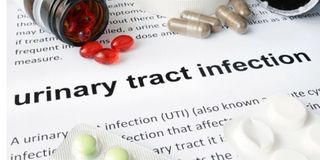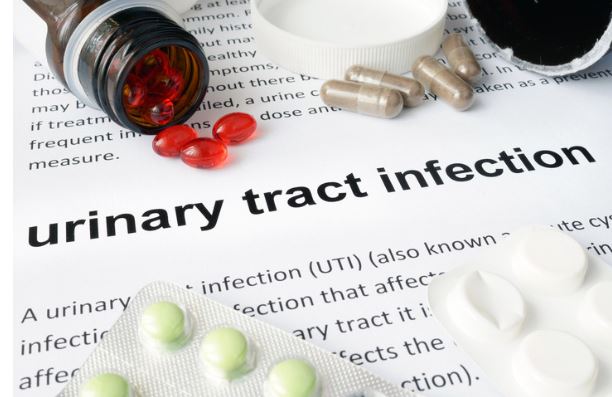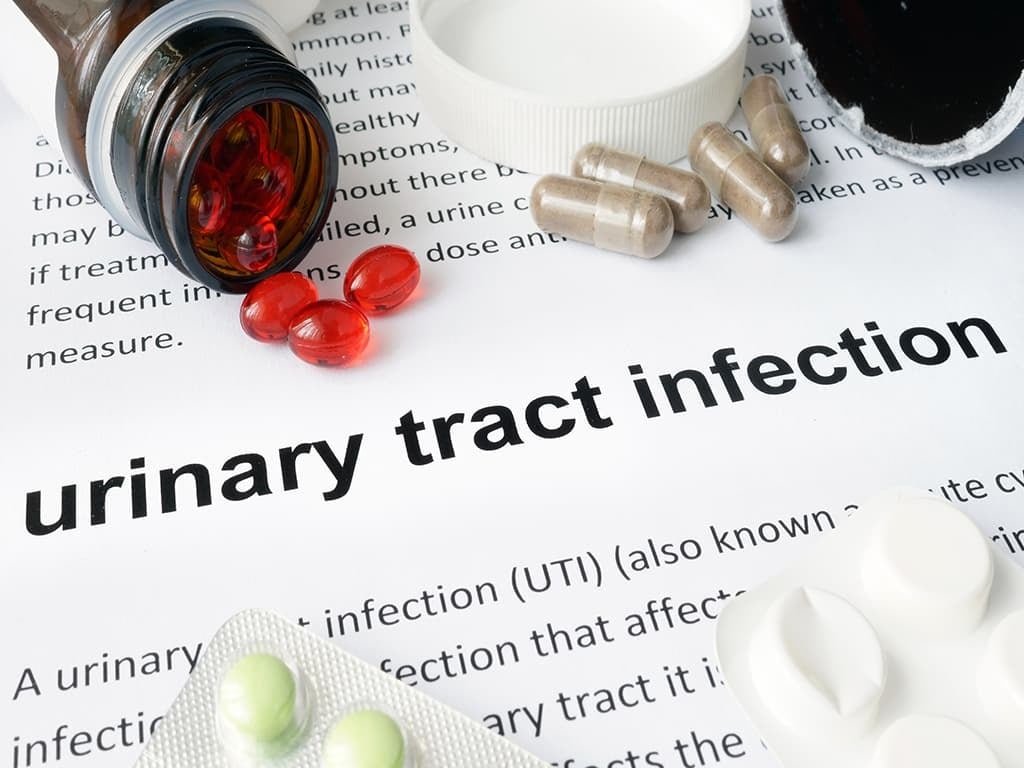Ask the doctor: Are pregnant women more susceptible to UTI’s?

Every test done when I am pregnant returns positive for a UTI even when I do not have any sign such as pain while passing urine. Is this normal? Shanice
Dear Shanice,
A urinary tract infection (UTI) is an infection of the urinary system affecting any or all the urinary tract parts (urethrae, bladder, ureters and kidneys).
Pain while passing urine, passing little urine many times a day including at night, cloudy or bloody urine, fever, lower abdominal pain and backache are some of the common symptoms of a urinary tract infection (UTI).
Some women with a UTI may not have symptoms, (asymptomatic bacteriuria), but the urine which checked in a lab may indicate infection, one reason you may think that the doctors merely want to make money.
It is true that if a urine sample is collected incorrectly, it may show that urine has some pus cells and bacteria because the urine has been contaminated with vaginal fluids. Here, a pregnant woman may be wrongly diagnosed with a UTI whereas not.
UTIs are much more common in women than in men because their urethra is not only short but the urethral exit can be contaminated by bacteria from the anus and this bacteria can enter the urethra and cause a UTI.
During pregnancy, many changes that usually occur in the body may increase a woman’s risk of developing a UTI. The changes include reduced immunity to infection and, as the baby grows, an increase in the pressure on the bladder, leading to a smaller bladder and a weak urinary stream when a woman passes urine. The weak stream is unlikely to flush the urethra clean of germs, hence risking UTIs.
In pregnancy, the changes can cause urine to go backwards from the bladder to the kidney, hence risking infection in the urinary system. Also, during pregnancy, a woman’s urine may have lots of sugar which may be leaked from the kidneys (because the kidneys, threshold for sugar is lowered) and some pregnant women may have diabetes. Diabetes may have been present before the pregnancy or may be pregnancy-related.
In pregnancy, urine may contain other substances, including protein, which together with sugar may act as food for UTI-causing bacteria. Pregnant women should, therefore, take lots of fluids (just like when they are not pregnant) and should not hold urine. Passing Urine often will help flush the urethra clean of germs.
During antenatal visits, urine tests should routinely be done so that effective drugs are given to treat the infection if it exists. Antibiotics that may cause vomiting or birth defects in the foetus should be avoided, meaning that pregnant women should, just like everybody else, avoid self-prescription.
What causes pimples during pregnancy?
I have never had pimples but after becoming pregnant, I have a lot of pimples and nothing seems to help. Will they clear after giving birth? Adela
Dear Adela,
Acne or pimples occur when oil glands on the skin (especially the face, chest, shoulders, and back) block and swell. When the swollen oil glands get infected by skin bacteria, the acne can worsen and become painful.
Occurring on the face during pregnancy when a woman already has cosmetic issues regarding her changing body image can be stressful, requiring a quick solution because stress can bring or worsen acne.
Unfortunately, many drugs used for acne in a non-pregnant woman can lead to birth defects if used in a pregnant woman requiring that a qualified doctor is consulted before using the medications, including skin creams and lotions, especially those containing vitamin A.
Although any woman, especially adolescents, can get acne, with older women getting a reprieve, acne can appear for the first time or return during pregnancy. In pregnancy, the female hormone progesterone upsurges are said to be responsible for acne that usually starts during the first three months of pregnancy and disappears after delivery when the hormones have returned to their lower normal levels.
So, since the acne only pauses a cosmetic nuisance, one can wait until after delivery for it to clear. However, one should still be mindful of taking a balanced diet while cutting down on foods that worsen acne including refined sugars, fizzy drinks including sodas, pizzas, chocolates, greasy and fried foods, and junk food. Also, oil based cosmetic products such hair gels, conditioners and makeup that may make acne worse should be avoided. Washing gently with a mild soap at least twice a day can also help.
It is important not to squeeze the pimples since this will lead to scarring.




